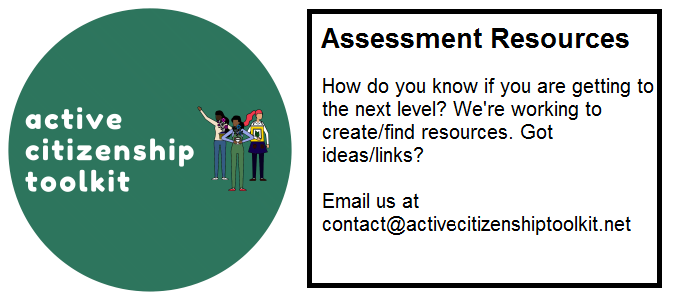Element Descriptor
Understanding who owns what newspapers and television stations, and what particular messages they want you to pay attention to, is kind of crucial if you’re going to defend your sanity and sense-making capacity. Otherwise, you’re just watching shadows on the wall of the cave
Level descriptors
| Novice | Practitioner | Expert | Ninja |
|---|---|---|---|
| You know the rough circulation figures for the major newspapers in your country, and who owns them. Ditto for television and for the most popular websites which are purveying “news”. You know which ones are currently perceived as important and leak-worthy to by the political bosses. | You know the circulation/viewing figures for newspapers/television, their recent trajectories and the (interlocking) ownership patterns, and can give some examples of recent silences, cover-ups and smear campaigns that came from each outfit/set of outfits. You know which lines and lies you are going to need to read between from any given outlet. | You know the histories and trajectories of media concentration and overlapping ownership, shared interests with/control by state actors etc etc. You know the ideological presuppositions, the mechanisms – you could almost you know call them media filters – that apply to different outfits on different issues. | You’re blacklisted by most outlets because they know you’ll ask awkward questions that make Bregman-Carlson look like a love-in. You can predict the lines papers and media outlets will take on any given issue with eerie accuracy. |
Element Overview Essay
This is a draft. If something doesn’t make sense, or you see typos, or if you have further ideas, please email us on contact@activecitizenshiptoolkit.net
The causes of the people not understanding this is they often are not interested in or trying to understand who owns what. newspaper, television station, website, etc. And it’s quite frightening to see how concentrated media ownership is, especially in the United Kingdom and Australia.
The consequences are that you can find it harder to figure out who is telling you which lies for which purpose, which means that you’ll be more easily confused and baited.
The solutions, at least in the United Kingdom are relatively straightforward. A lot of this information is public domain so you can seek it out. If you’re a campaigning group trying to help people with their situational awareness, then you will make short videos or blog posts about this. In the UK, we also have private eye and its regular streets of shame, which detail this ownership and the games that the homeowners are playing, and the consequences that has for what appears in the newspapers, magazines and on television. This sits alongside of course, building your own alternative media structures for what they’re worth, and the ongoing project of democratic education. At this point, we should bring in that quote near the end of Herman and Chomsky’s Manufacturing Consent
“The organization and self-education of groups in the community and workplace, and their networking and activism, continue to be the fundamental elements in steps toward the democratization of our social life and any meaningful social change.”
And that could basically be the tagline for the toolkit.
Development Resources
xxx
Assessment Resources

